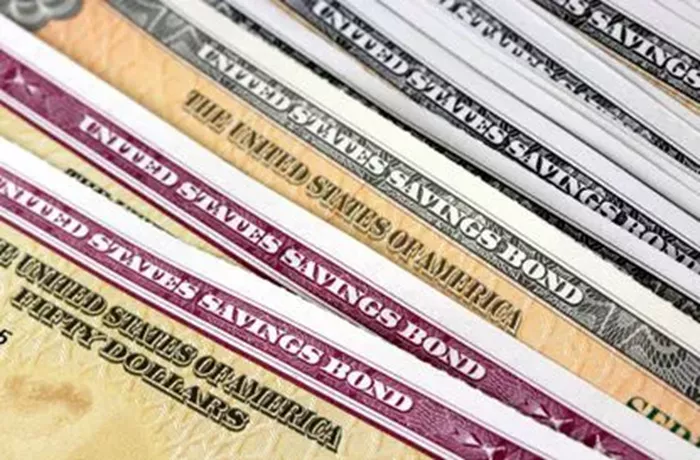Savings bonds are a type of investment issued by the United States Department of the Treasury. They are considered a safe investment option as they are backed by the full faith and credit of the U.S. government. Savings bonds come in two types: Series EE and Series I. Series EE bonds are fixed-rate bonds that earn interest for up to 30 years, while Series I bonds are inflation-indexed bonds that earn interest based on a combination of a fixed rate and an inflation rate.
If you are looking to cash in your savings bonds, there are a few things you need to consider. First, you need to determine the current value of your bonds. You can do this by using the Savings Bond Calculator on the TreasuryDirect website. This calculator will give you the current value of your bonds based on their issue date, denomination, and series.
Once you have determined the current value of your bonds, you need to decide where to cash them in. There are several options available to you, including:
Banks and Credit Unions
Many banks and credit unions will cash in savings bonds for their customers. However, not all banks and credit unions offer this service, so you will need to check with your financial institution to see if they cash in savings bonds. If your bank or credit union does cash in savings bonds, you will need to provide identification and your Social Security number.
Treasury Retail Securities Site
You can also cash in your savings bonds online through the Treasury Retail Securities Site. To use this service, you will need to have a TreasuryDirect account. If you do not have an account, you can create one for free on the TreasuryDirect website. Once you have an account, you can log in and follow the instructions to cash in your savings bonds.
Federal Reserve Banks
If you do not have a bank account or do not want to cash in your savings bonds online, you can also cash them in at a Federal Reserve Bank. However, not all Federal Reserve Banks offer this service, so you will need to check with your local bank to see if they cash in savings bonds. If they do, you will need to provide identification and your Social Security number.
When deciding where to cash in your savings bonds, you should consider the fees charged by each option. Banks and credit unions may charge a fee for this service, while cashing in your bonds online or at a Federal Reserve Bank is typically free.
Another important factor
When cashing in your savings bonds is the tax implications. The interest earned on savings bonds is subject to federal income tax, but it is exempt from state and local taxes. If you cash in your savings bonds, you will need to report the interest earned on your tax return for the year in which you cashed them in. It is important to note that if you cash in a savings bond that has not yet matured, you may be subject to a penalty.
In addition to the tax implications, you should also consider the opportunity cost of cashing in your savings bonds. If you have other investment options available to you, such as stocks or mutual funds, you may be able to earn a higher return on your investment. However, if you need the money for a specific purpose, such as paying off debt or making a large purchase, cashing in your savings bonds may be the best option.
Conclusion
Cashing in your savings bonds requires careful consideration of several factors, including the current value of your bonds, where to cash them in, fees charged by each option, tax implications, and opportunity cost. Before making a decision, it is important to do your research and weigh the pros and cons of each option. If you are unsure about what to do, it may be helpful to consult with a financial advisor who can provide guidance based on your individual financial situation.
Related Topics:


